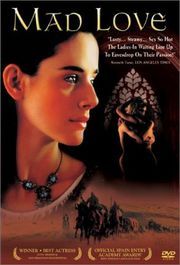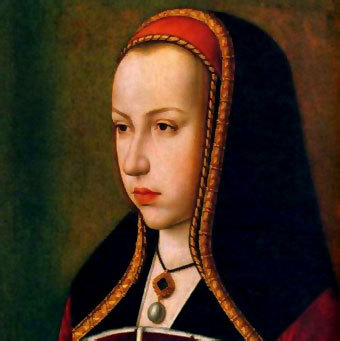
If anyone has heard anything about Juana la Loca, it was that she was crazy, as her name literally suggests.
But there is much more to Queen Joanna of Castille than her name says.
Juana was a woman of her time, and although history books and Spanish lore do a poor job of explaining that, this film did it quite well.
Juana was one of the children of Queen Isabella and King Fernando of Castille and Aragon, respectively.
The monarchs had five children, and married each for political security and power. Juana was married to Prince Felipe of Flanders and Archduke of Austria in her young teens.
She falls instantly in love with him and begins bearing him children. Felipe soon strays, and Juana becomes crazed with grief for the loss of her husband.
In today’s society, Juana’s behaviors and emotions seem absolutely normal–any woman today would react as she did to the knowledge of her husband’s betrayal.
But back then, the only socially acceptable option for a woman whose husband was cheating was to ignore it and go on with her life as if it wasn’t going on.
Juana would have none of that.
She began obsessively checking up on and waiting for Felipe to get home, then begging him to be true, or to tell her if he had been seeing a woman. She stopped eating, sleeping, bathing–anything and everything she should do to get him to be faithful, she tried.
None worked, and after her mother’s death, her husband and father plotted against her to ensure that Felipe would inherit Isabella’s crown and land, and not Juana. They did this by forcing her to exile on the basis that she was unfit to rule because she was mad.
Locked away in her mid-20s, Juana is exiled until her death at the age of 74.
She spent most of her life in a tower, unable to see her children or Felipe, who died shortly after her imprisonment.
For the rest of her life she longed for and loved Felipe; an unrequited love.
As stated before, Juana was a woman of her time. That is what women did in her society–they longed for their men, even if their men had done nothing but wrong them.
I am writing this post in the hopes that everyone who reads it will know the truth of Juana la Loca, and her reputation will become clear again. History has not been kind to Juana, but that doesn’t mean we can’t be.

She wasn’t mad or crazy or anything but ordinary–a woman whose heart was broken. A woman who stood up to societal norms and created her own. A woman stronger than any of us could imagine.